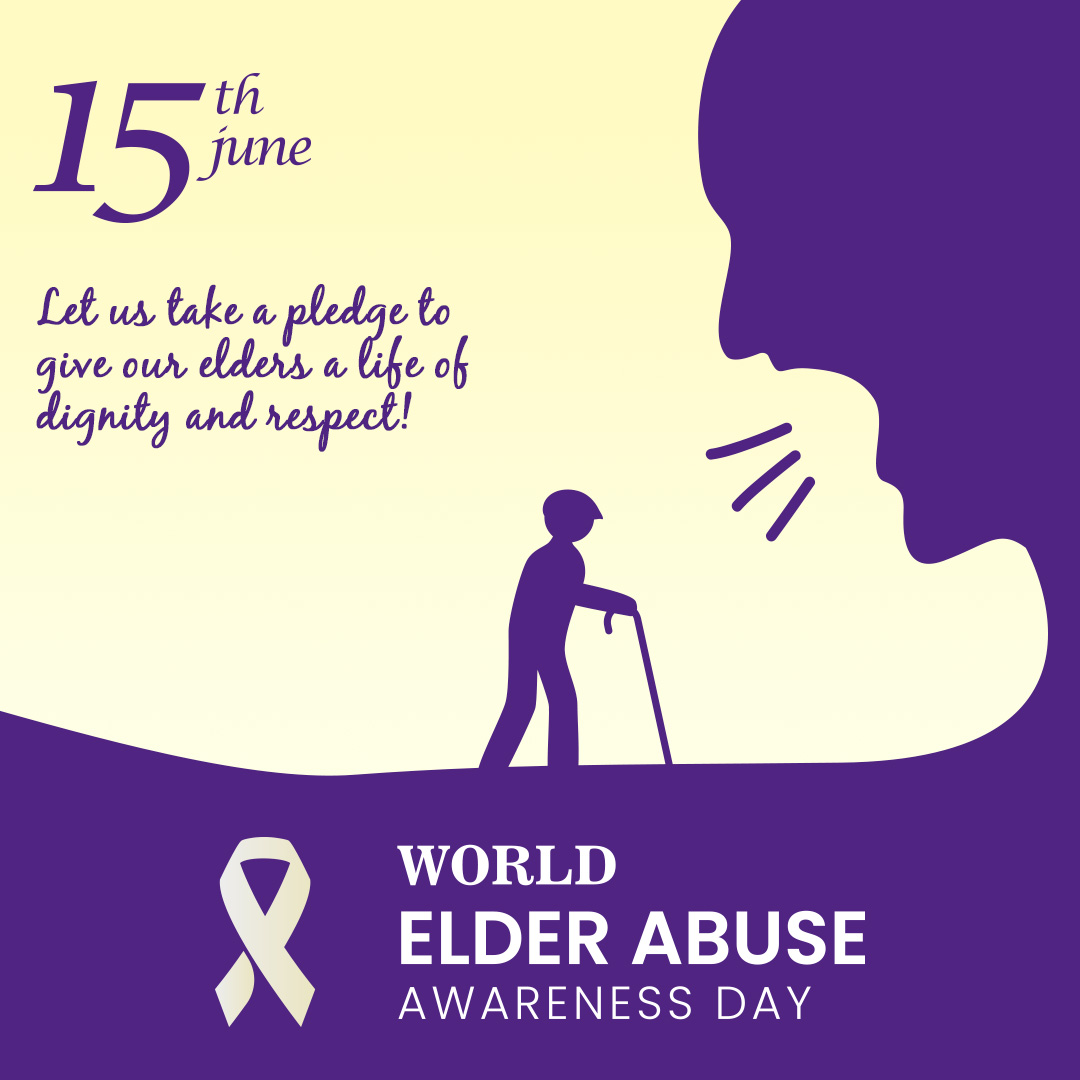
Elder Abuse seems something that is exclusive to the western world, right? We couldn’t be more wrong.. Elder abuse is way more common than one thinks. 1 in 4 senior citizens is at risk of being abused.
Each year, hundreds of thousands of adults over the age of 60 are abused, neglected, or financially exploited. This is elder abuse.
Types of elder abuse:
• Physical abuse: Use of physical force that may result in bodily injury, physical pain, or impairment.
• Emotional abuse: Infliction of anguish, pain, or distress through verbal or non-verbal acts.
• Neglect: Refusal, or failure, to fulfill any part of a person’s obligations or duties to an elderly person.
• Financial/material exploitation: Illegal or improper use of an elder’s funds, property, or assets.
• Abandonment: Desertion of an elderly person by an individual who has physical custody of the elder or by a person who has assumed responsibility for providing care to the elder.
• Sexual abuse: Non-consensual sexual contact of any kind with an elderly person.
• Self-neglect: Behaviors of an elderly person that threaten the elder’s health or safety.
Risk Factors:
Many nonprofessional caregivers—spouses, adult children, other relatives and friends—find taking care of an elder to be satisfying and enriching. But the responsibilities and demands of caregiving, which escalate as the elder’s condition deteriorates, can also cause significant stress. The stress of elder care can lead to mental and physical health problems that leave caregivers burned out, impatient, and more susceptible to neglecting or lashing out at the elders in their care.
In addition to the caregiver’s inability to manage stress, other risk factors for elder abuse include:
• Depression in the caregiver.
• Lack of support from other potential caregivers.
• The caregiver’s perception that taking care of the elder is burdensome and without emotional reward.
• Substance abuse by the caregiver.
• The intensity of the elderly person’s illness or dementia.
• Social isolation—the elder and caregiver are alone together almost all the time.
• The elder’s role, at an earlier time, as an abusive parent or spouse.
• A history of domestic violence in the home.
• The elder’s own tendency toward verbal or physical aggression.
What can one do about it?
• It may be hard to keep a positive outlook when there's little hope of the older adult's physical and mental condition improving. Over time, the demands and stress of caregiving can take their toll. A caregiver might not even know he or she is being neglectful or abusive.
• If you are a caregiver, make sure you have time to rest and take care of your needs. Ask a family member or friend to help for a weekend, or even for a few hours. Having time to take care of yourself will help you remain healthy and have patience and energy for caregiving.
Spread the awareness. Let us take a pledge to give our elders a life of dignity and respect!